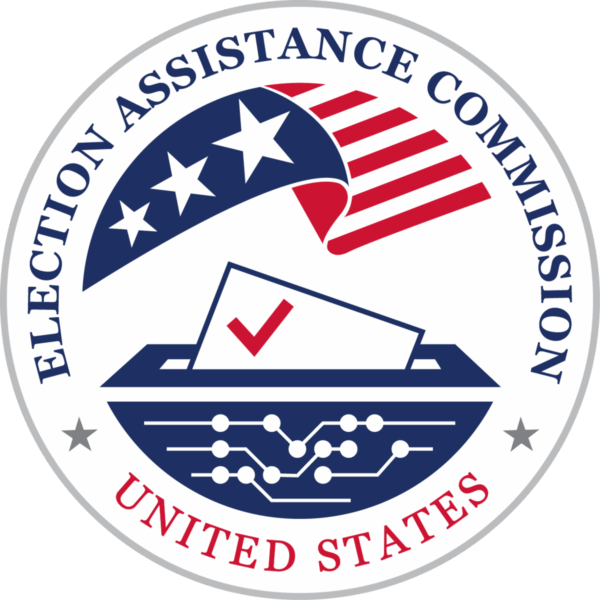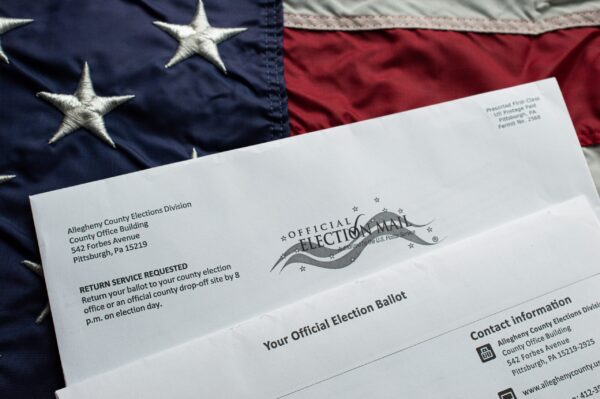Louisiana Congressional Map with Two Majority-Black Districts Set for 2024 Elections After Supreme Court Issues Emergency Stay
WASHINGTON – The U.S. Supreme Court granted an emergency stay today in Robinson v. Callais, pausing enforcement of a district court’s decision to strike down Louisiana’s congressional map as a racial gerrymander.
With the stay in place, Louisiana voters will be able to cast their ballots this November under the map with two majority-Black districts passed by the state Legislature in January of this year (SB 8). SB 8 was drawn in direct response to a separate lawsuit, Robinson v. Landry, where a district court judge found that the state’s 2022 map, which included only one majority-Black district, likely violated Section 2 of the Voting Rights Act.
“Today’s Supreme Court action ensures that Black voters’ voices will not be silenced during this year’s critical elections,” said Sara Rohani, redistricting fellow for the Legal Defense Fund, “The Voting Rights Act requires Louisiana to have a map where Black voters have a fair opportunity to elect candidates of choice. While this is not the end of our work to defend that principle, it is a critical moment in our fight for fair maps in Louisiana and reflects the strength of our democracy.”
The Robinson litigants are civil rights organizations, including the NAACP Louisiana State Conference and Power Coalition for Equity and Justice, as well as nine individual Black voters: Dr. Press Robinson, Edgar Cage, Dr. Dorothy Nairne, Bishop Edwin René Soulé, Dr. Alice Washington, Reverend Clee Earnest Lowe, Commissioner Davante Lewis, Martha Davis, and Ambrose Sims. The Supreme Court’s stay is just one step in their multi-year fight for fair maps in Louisiana.
“Our fight for a fair congressional map has carried on for years,” said Michael McClanahan, president of the NAACP Louisiana State Conference. “Today, we celebrate our communities’ opportunity to have a voice in this year’s elections, that can lead to the representation we need to make positive change in the years ahead. This is a day for hope.”
The 2020 census revealed Louisiana’s Black population increased while the white population decreased. Still, Louisiana’s Legislature passed a congressional map in 2022 that limited Black voters’ representation to only one out of six congressional districts.
The Robinson litigants filed an immediate lawsuit under Section 2 of the Voting Rights Act, which prohibits state and local governments from using any voting procedure that “results in a denial or abridgement of the right of any citizen…to vote on account of race or color.” Despite achieving a preliminary injunction and defending it on appeal, Black voters across Louisiana were forced to vote under a map with only one majority-Black district in 2022 after the Supreme Court put the litigation on pause pending their review of a similar case in Alabama, Allen v. Milligan.
“The hope of achieving a map with two districts where Black voters can finally have fair representation has been our North Star and guiding light for years now,” said Ashley Shelton, president/CEO of Power Coalition for Equity and Justice. “Today, we can double down our work to mobilize our communities for this year’s elections. Our rallying cry for civic engagement is bolstered when voters know their votes can have an impact and their voices will be heard. While we know this case will continue, we are heartened by the fact that injustice won’t be served on Black voters once again in these 2024 elections. Today marks a battle won.”
After upholding the protections of Section 2 in Milligan, the Supreme Court allowed the Louisiana litigation to proceed with the directive that a resolution should be achieved in time for the 2024 elections. The Fifth Circuit and district court ultimately gave the Louisiana Legislature until the end of January 2024 to pass a map that complied with the Voting Rights Act before the courts would intervene to select one.
In January 2024, the Louisiana Legislature enacted SB 8, which includes a second majority-Black district connecting communities in Baton Rouge and the Red River, from Alexandria to Shreveport along the I-49 corridor. While the map looked different than other versions presented throughout the Robinson litigation, legislators cited political priorities for this map.
Shortly after SB8 became law, a group of “non-African American voters” filed Callais v. Landry, challenging the newly enacted map as an unconstitutional racial gerrymander. These plaintiffs claimed that “race was the sole reason” for the passage of the map. The Robinson litigants quickly intervened in Callais to defend the rights of Black voters to have a fair and representative map in 2024.
After a three-day trial, a divided panel of three federal court judges overturned the map as a racial gerrymander. The majority held that legislators improperly prioritized race, and that the map was not tailored to comply with the Voting Rights Act, despite the rulings in Robinson. The decision comes into direct conflict with the earlier Robinson decisions.
“We are excited that Black voters in Louisiana will have a congressional map that affirms their choices in the upcoming election,” said Nora Ahmed, legal director, ACLU of Louisiana. “A second majority-Black congressional district for Louisiana has always been our goal, and after a long journey, we are proud to have accomplished it.”
“For the first time in decades, Louisiana Black voters will be allowed to vote in a majority-minority U.S. congressional district because of the action of the Supreme Court,” said Tracie Washington of the Louisiana Justice Institute. “Today’s stay decision is a victory for Black voters in the long struggle to secure their statutory and constitutionally protected rights under federal law and the U.S. Constitution.”
“This is a victory for Black voters in Louisiana, who have fought long and hard over the fundamental right to vote,” said Sarah Brannon, deputy director of the ACLU’s Voting Rights Project. “This hard-earned relief is a moment to celebrate, but not to let our guard down. We remain steadfast in our pursuit of fair maps and fair representation.”
“This decision is a victory for Louisianans. It ensures that the congressional election this November occurs on a map that is fair and equitable for the State and its voters,” said Alora Thomas, senior counsel, Harvard Election Law Clinic.
The Robinson Intervenor-Defendants are represented by the Legal Defense Fund, American Civil Liberties Union, ACLU of Louisiana, Harvard Election Law Clinic, Louisiana Justice Institute, Louisiana attorney John Adcock, and Paul, Weiss, Rifkind, Wharton & Garrison LLP.




